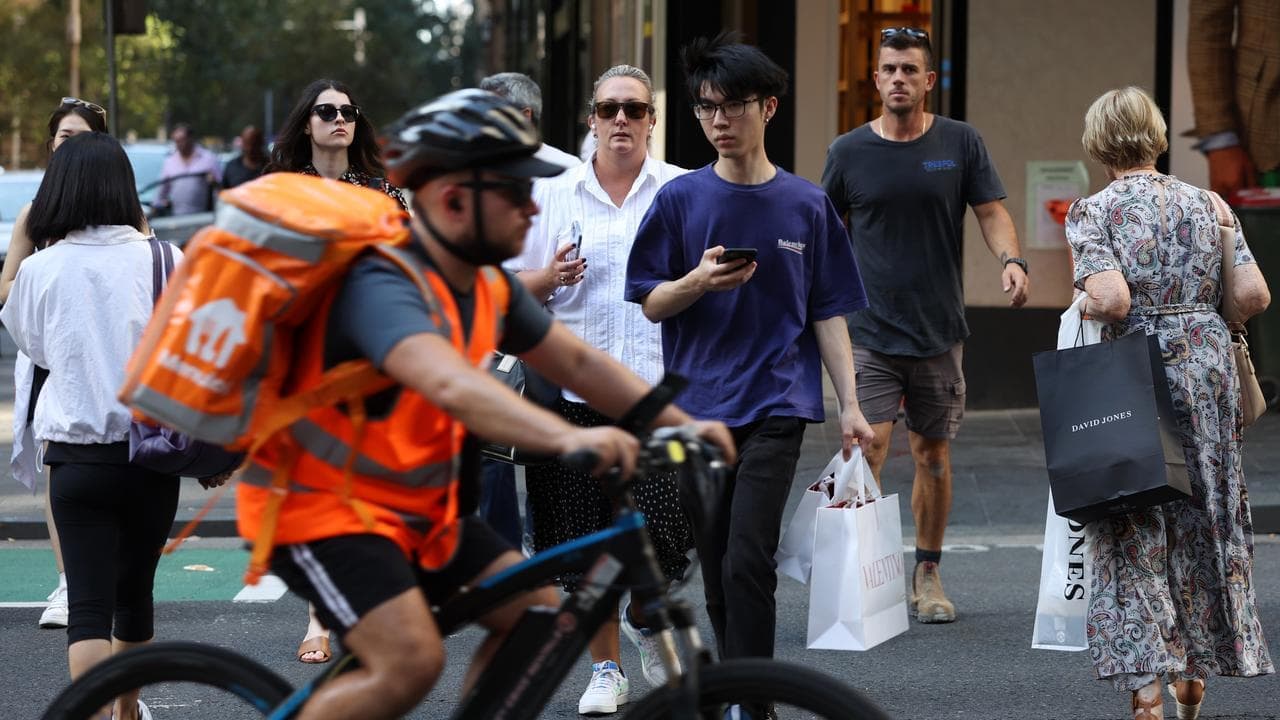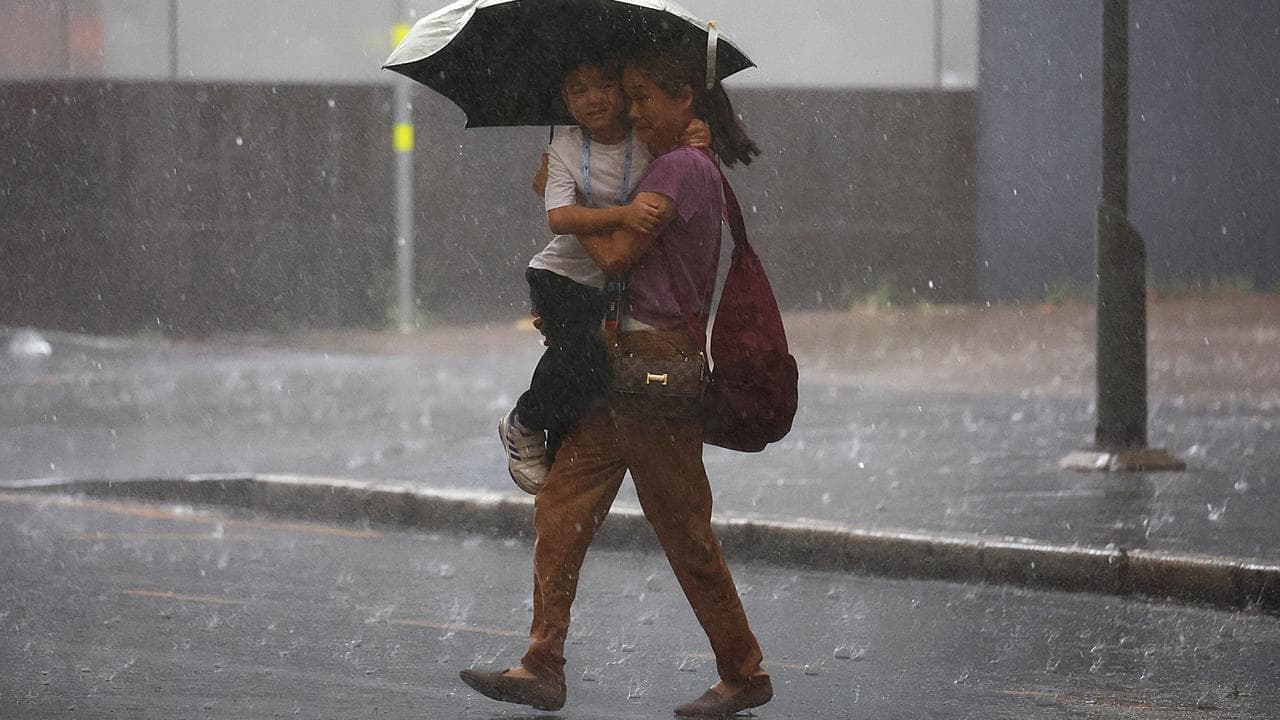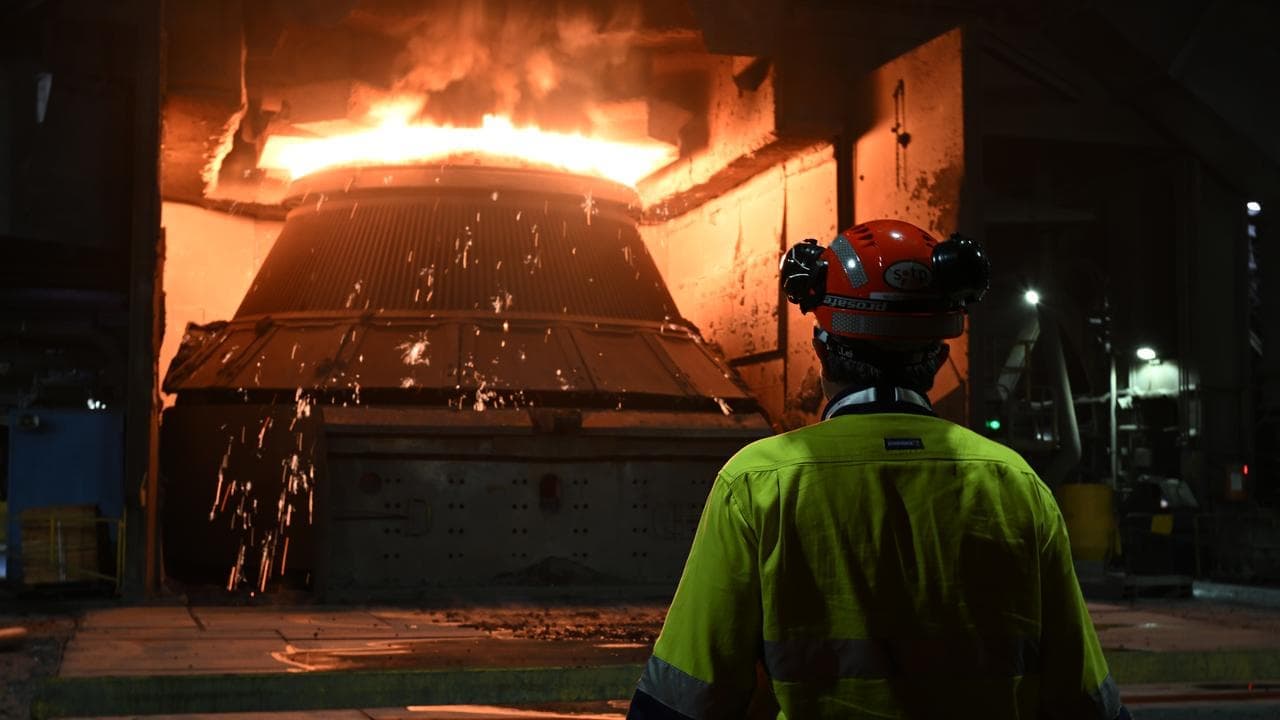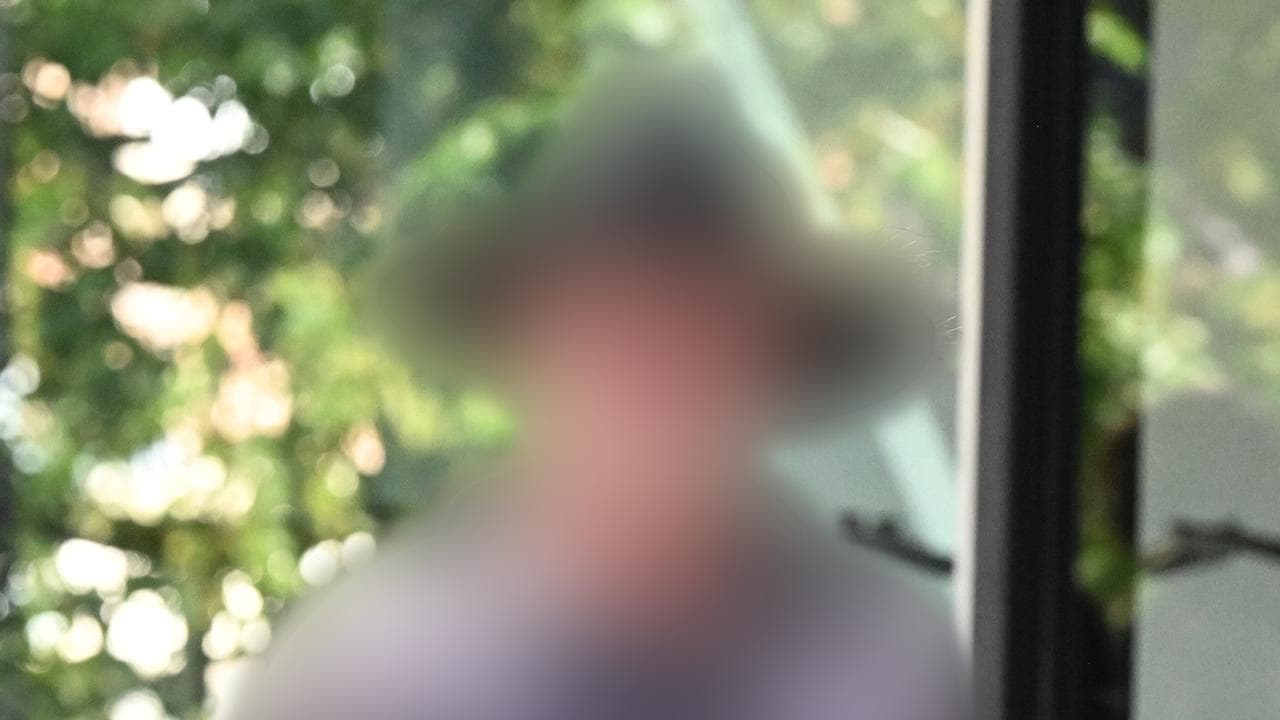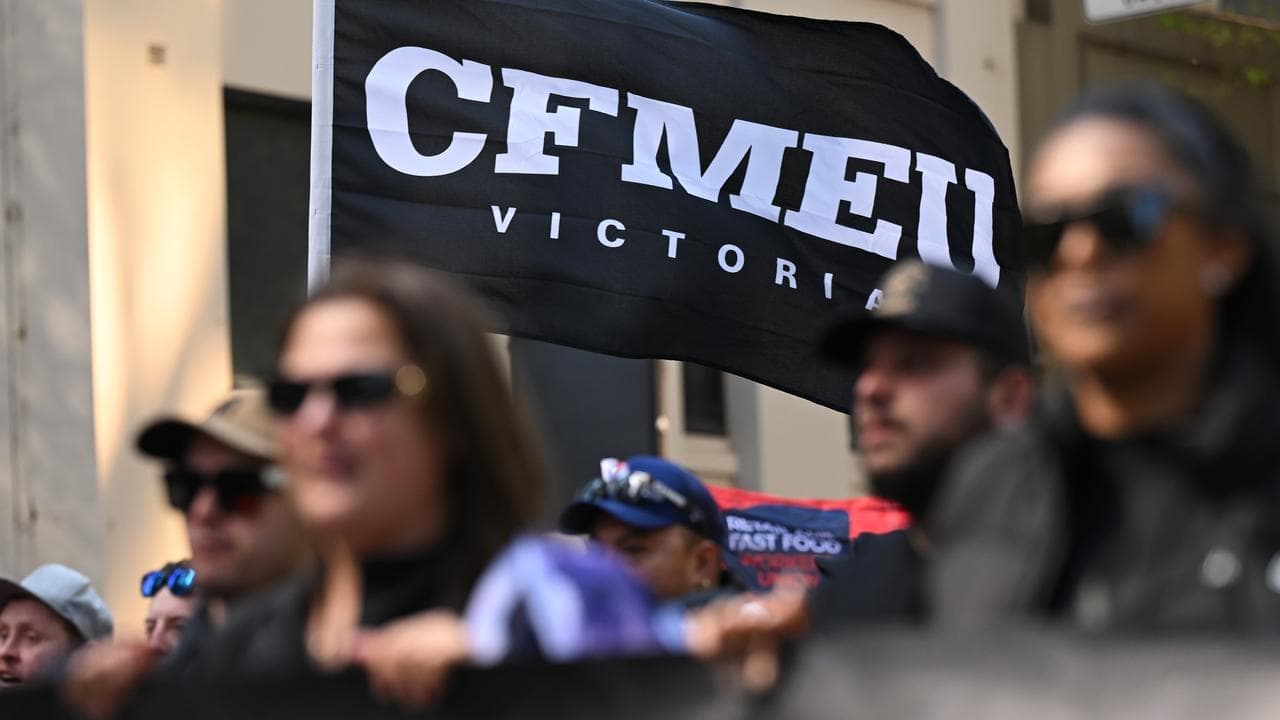WHAT WAS CLAIMED
Remedies including soursop, apricot seeds and ivermectin can “heal cancer naturally”.
OUR VERDICT
Mostly false: None of these have been proven to cure cancer in humans.
AAP FACTCHECK - Social media users are continuing to promote a range of debunked remedies and treatments as cancer cures, including ivermectin and apricot seeds.
AAP FactCheck has previously debunked a range of supposed cancer treatments, including many of those mentioned in an Instagram post that lists ways to "heal cancer naturally".
The list includes eating the tropical fruit soursop, drinking green juices with broccoli, cutting out sugar and "junk food", taking the antiparasitic medicine ivermectin and eating apricot seeds.

"Thankfully nature provides us the medicine to heal!," the post reads.
It includes a video of naturopath Michael Farley who claims "...in all the autopsies I've done on cancer patients" chemotherapy was the cause of death, rather than cancer.
However, there is no credible scientific evidence that the remedies cited in the post are effective cancer treatments for humans and some may be harmful.
AAP FactCheck has previously debunked claims that soursop is an effective cancer treatment.
While soursop has the potential to kill cancer cells in animals or in laboratory settings, there haven't been clinical studies in humans to prove it is an effective cancer treatment.
Likewise, AAP FactCheck previously found despite promising results in the lab, there's not yet evidence that ivermectin is an effective cancer treatment in humans.
AAP FactCheck has also previously debunked claims that eating apricot seeds can prevent cancer.
Apricot seeds contain a chemical called amygdalin that may kill cancer cells in a laboratory setting, but it hasn't been shown to be effective in humans.
Eating apricot seeds can also be harmful - and, according to the NZ government, even potentially fatal - as some chemicals in the seed are converted to cyanide when digested.

Food Standards Australia New Zealand banned the sale of raw apricot kernels after a number of people were hospitalised with cyanide poisoning.
Mark Nevin, CEO of Cancer Council Australia, told AAP FactCheck the council was not aware of any credible scientific evidence that the treatments in the Instagram post were effective against cancer.
He said people should not "delay or replace evidence based medical care with alternative therapies".
"There are many treatments available that are evidence based and scientifically proven to be safe and effective," Mr Nevin said. "They are designed to diagnose and treat cancer, slow its growth, or provide relief from symptoms."
He said eating a healthy diet could reduce the risk of contracting some cancers. Obesity increased the risk of 13 types of cancer and was linked to an estimated 5,300 cancer cases in Australia each year. But that didn't mean dietary changes alone could treat cancer.
"While there is strong evidence that eating a healthy balanced diet, and proactively making changes to your diet such as reducing sugar intake, avoiding junk food and eating vegetables can reduce your risk of developing cancer, there is no evidence to support the claim that these dietary changes are effective in treating cancer," he said.
AAP FactCheck is an accredited member of the International Fact-Checking Network. To keep up with our latest fact checks, follow us on Facebook, Twitter and Instagram.








